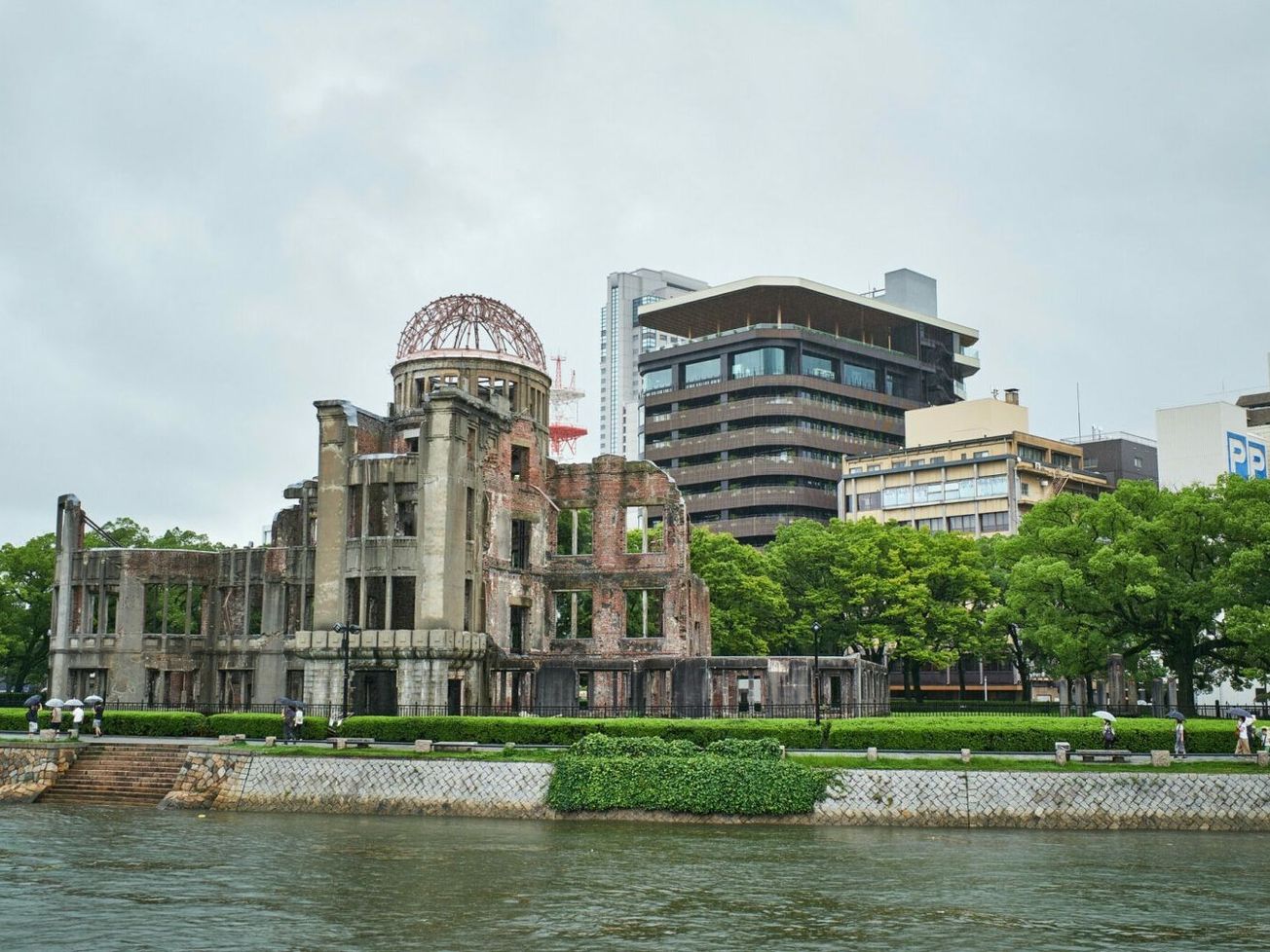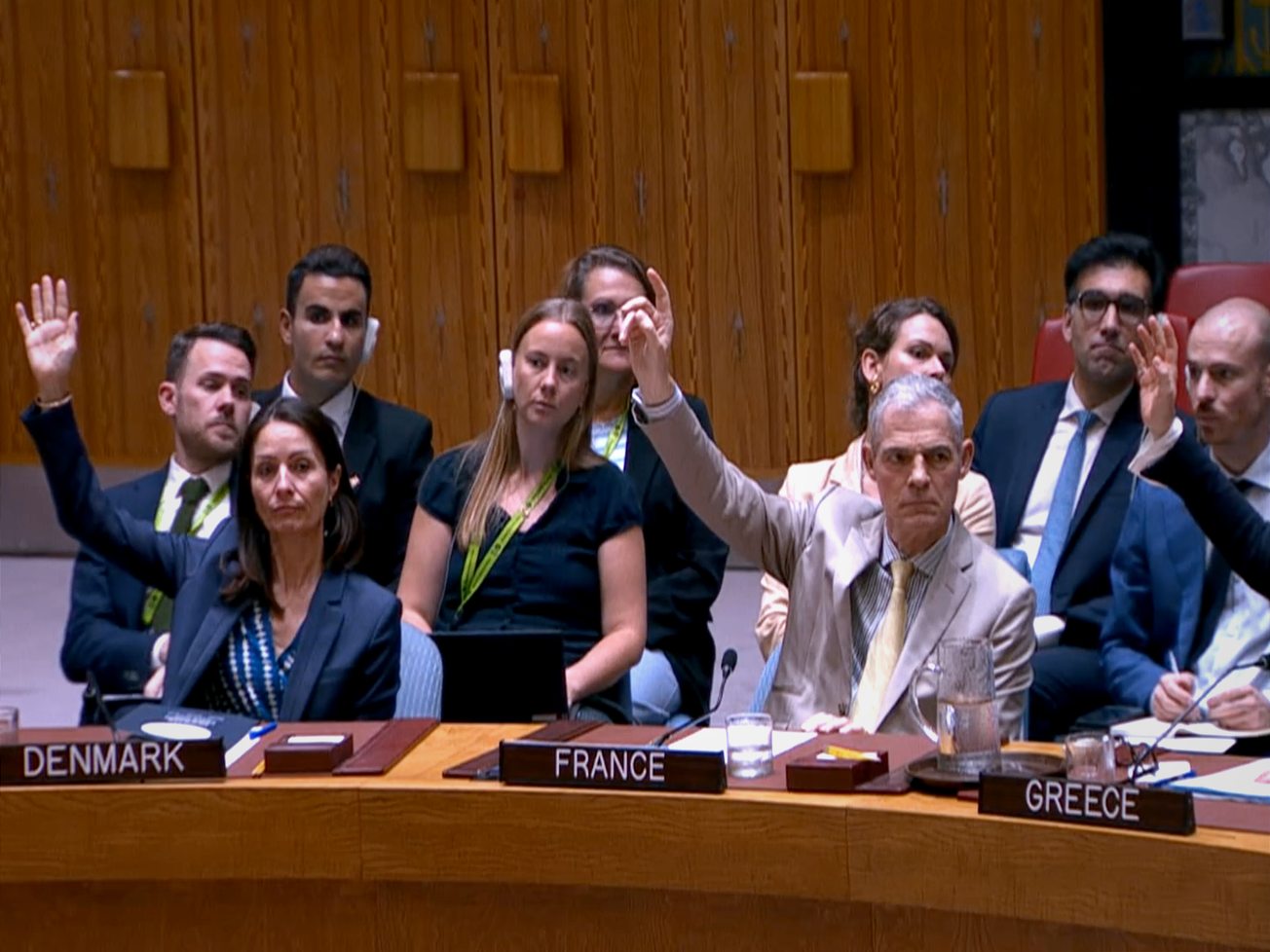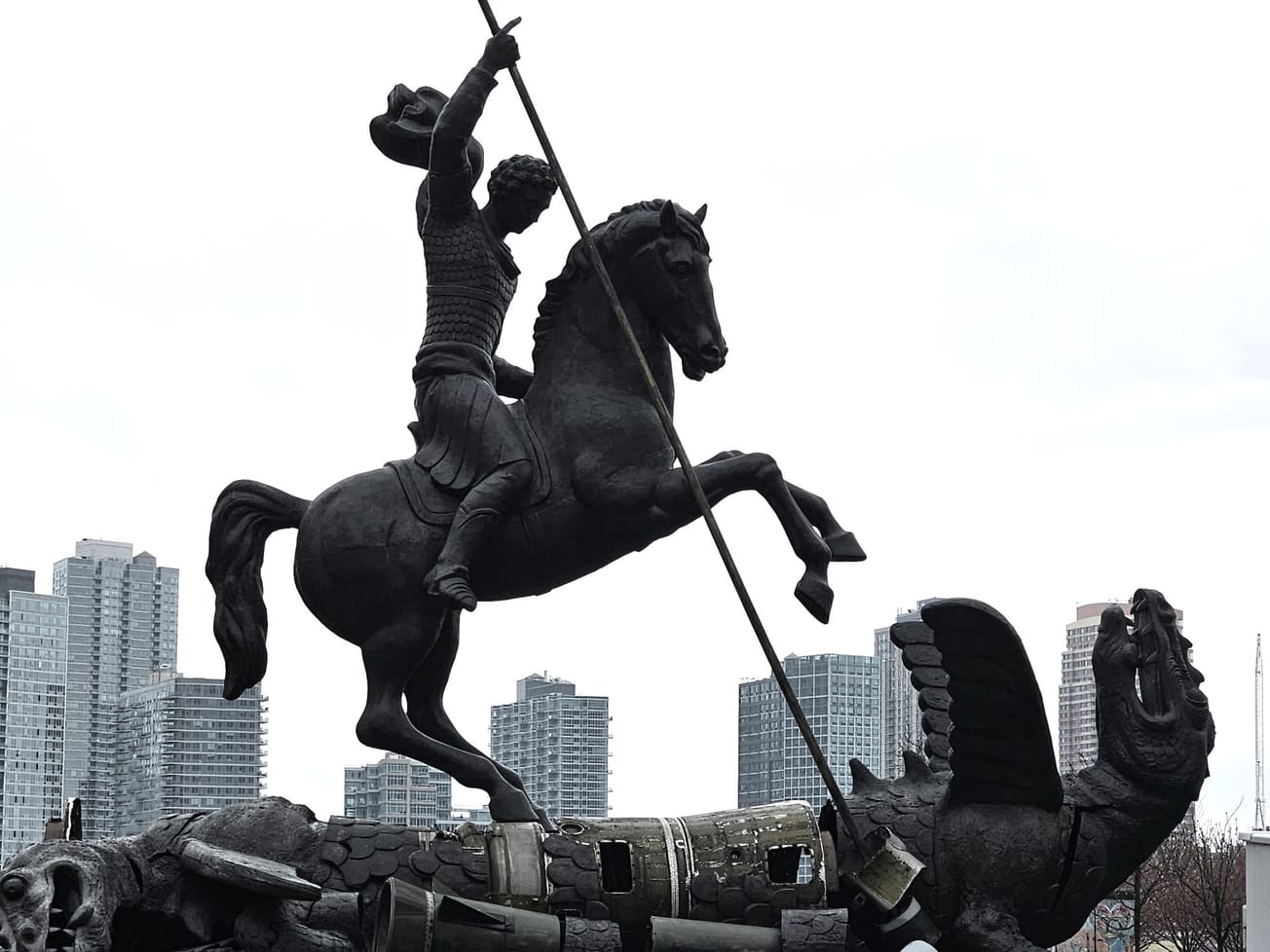UNITED NATIONS (AN) — On the 75th anniversary of the world's first nuclear bomb attack, Hiroshima Mayor Kazumi Matsui called on world leaders on Thursday to step up efforts to abolish atomic weapons and to boost international cooperation in containing the coronavirus pandemic.
Matsui also urged Japan's government to honor the bombing survivors by joining the 2017 Treaty on the Prohibition of Nuclear Weapons, which is meant to ban their development, testing and use.









